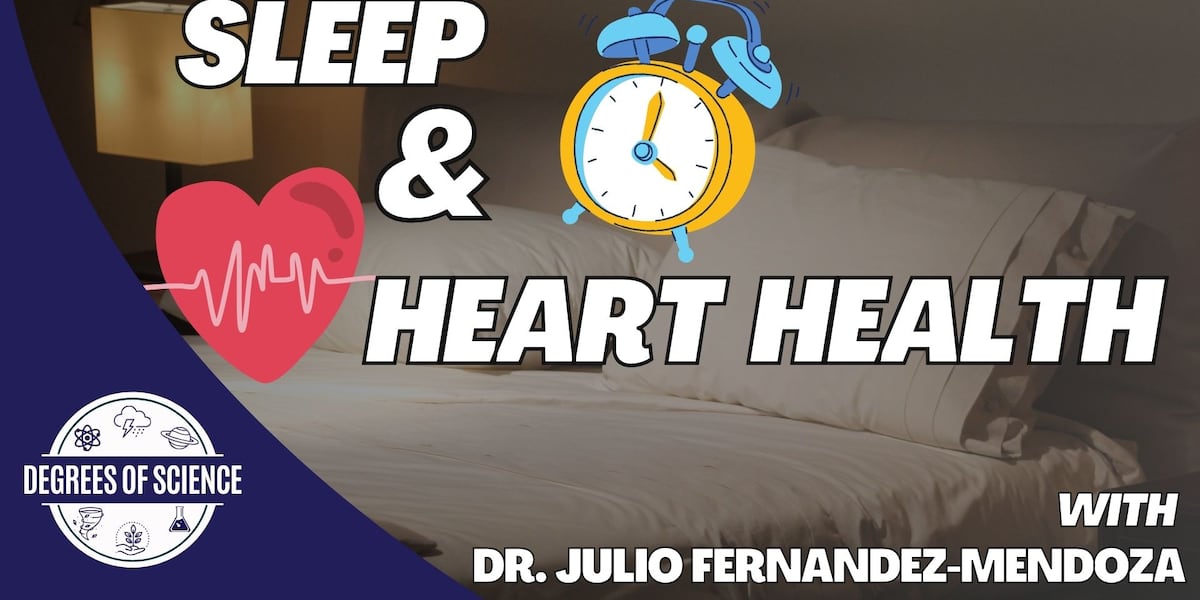Sleepless Nights, Restless Hearts: The Hidden Science of Cardiovascular Risk

Unlocking the Secrets: How Sleep Shapes Your Heart's Well-being
When it comes to heart health, most people focus on diet and exercise. But there's a powerful, often overlooked factor that plays a crucial role in cardiovascular wellness: sleep. Recent scientific research reveals that the quality and quantity of your nightly rest can significantly impact your heart's health.
The Sleep-Heart Connection
Sleep isn't just about feeling refreshed; it's a critical period of restoration for your entire body, especially your heart. During deep sleep, your cardiovascular system gets a chance to rest and repair itself. Poor sleep patterns can lead to a cascade of health risks that directly threaten heart function.
Key Ways Sleep Influences Heart Health:
1. Blood Pressure Regulation
When you sleep, your blood pressure naturally drops, giving your heart a much-needed break. Chronic sleep deprivation can disrupt this essential process, potentially leading to sustained high blood pressure and increased heart disease risk.
2. Inflammation Reduction
Quality sleep helps control inflammatory markers in the body. Lack of sleep can trigger inflammatory responses that contribute to arterial damage and heart complications.
3. Stress Hormone Management
Adequate sleep helps regulate stress hormones like cortisol. Elevated stress hormones can strain your heart and contribute to cardiovascular problems.
Practical Tips for Heart-Healthy Sleep:
• Aim for 7-9 hours of sleep nightly
• Maintain a consistent sleep schedule
• Create a relaxing bedtime routine
• Minimize screen time before bed
• Ensure your sleeping environment is cool and comfortable
The Bottom Line
Your heart works tirelessly every moment of your life. By prioritizing quality sleep, you're giving it the best possible support for long-term health and resilience. Remember, good sleep isn't a luxury—it's a fundamental pillar of heart wellness.
